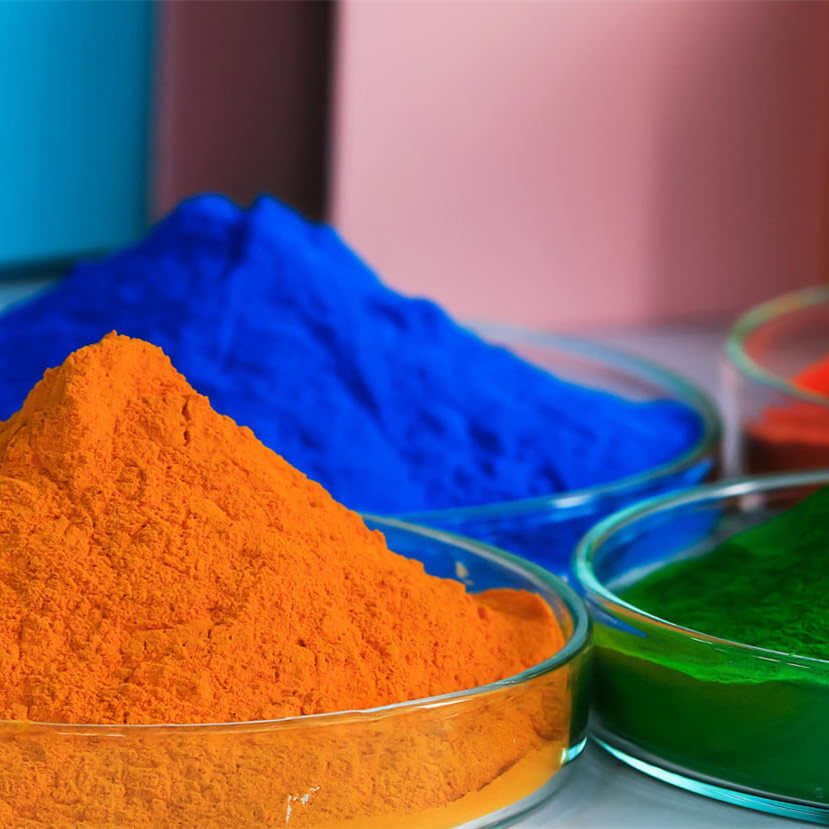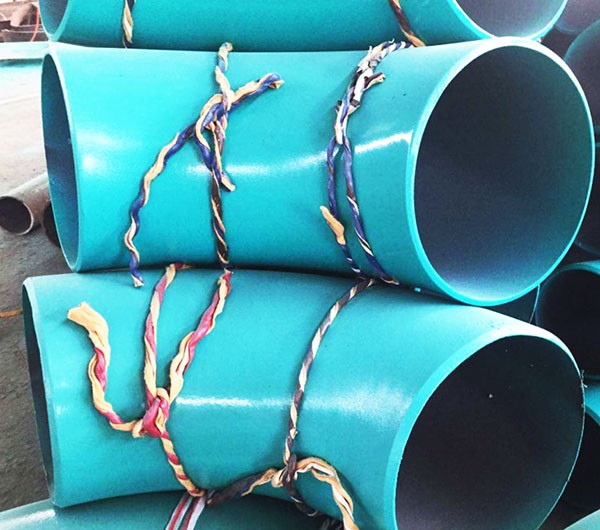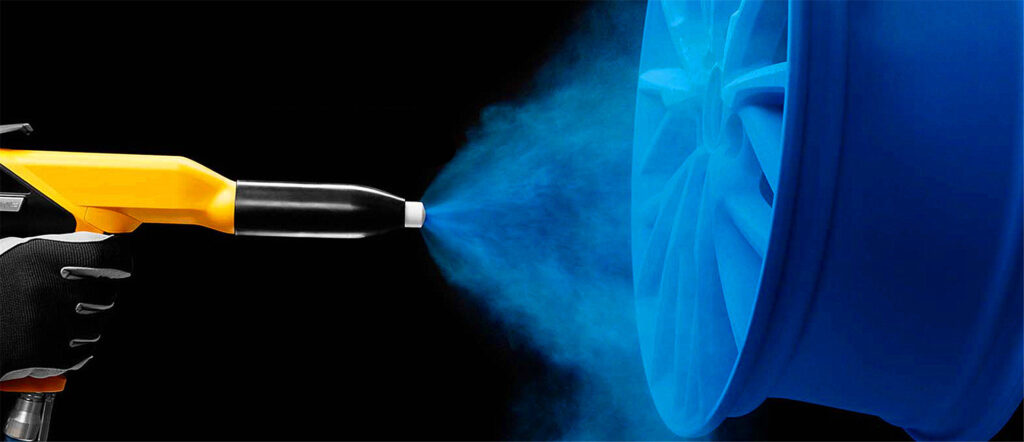Why epoxy paint is not suitable for outdoor use
Epoxy paint is widely used in heavy anti-corrosion because of its extremely strong adhesion; excellent mechanical properties, wear resistance, impact resistance; excellent corrosion resistance, impermeability; high storage stability, long shelf life, etc. However, the biggest drawback of epoxy paint is that it has poor weather resistance and is easy to age. It can only be used as primer or indoor paint, and is generally not suitable for outdoor use.
Epoxy paint (epoxy resin anti-corrosion coating) is the most widely used anti-corrosion coating. Generally speaking, coatings with more epoxy groups in the composition are collectively called epoxy paints. The resin is a polymer compound with a molecular structure containing at least two epoxy groups.
The epoxy resins used for epoxy coatings are mainly bisphenol A type, bisphenol F type and phenolic epoxy epoxy resins.


Why epoxy paint is not suitable for outdoor use?
Epoxy resins contain aromatic ether bonds, and the cured products are easily degraded and broken under the sun’s ultraviolet radiation, so usually epoxy paints will lose light and chalk after outdoor sun exposure. Therefore, epoxy paints are generally not suitable for use as outdoor topcoats.
However, not all outdoor paints cannot be used with epoxy paint, such as the following.

Myth 1: Epoxy primer can’t be used for outdoor?
Epoxy primer can be used as outdoor paint primer, but it needs to be used with intermediate paint or top coat. Commonly used topcoats are: acrylic polyurethane topcoat, fluorocarbon topcoat, polysiloxane topcoat, etc.
Myth 2: Epoxy topcoats cannot be used for outdoor painting?
Epoxy topcoat has poor weathering resistance, and when it is used outdoors, the paint film will lose light and chalking due to ultraviolet radiation, which affects the beauty. If there is no requirement for decorative aesthetics, it can still be used outdoors. For example, epoxy topcoat and epoxy thick paste type paint are widely used on the deck of ocean-going ships, hatch covers, and offshore oil recovery platforms, because some parts of these large steel structures sometimes do not need to pay attention to decorative aesthetics.
Myth 3: Paint film chalking does not have anti-corrosion performance, need to repaint?
Epoxy coating atmospheric aging is mainly reflected in the chalking and thinning of the paint film, not like other coatings will produce cracking. For anti-corrosion coatings, cracking is far more harmful than chalking. Chalking does not go on forever, the surface of the paint film will stop after a certain layer of chalking, and the coating still has a certain anti-corrosion performance, but it is recommended that another topcoat is more suitable for outdoor use.

